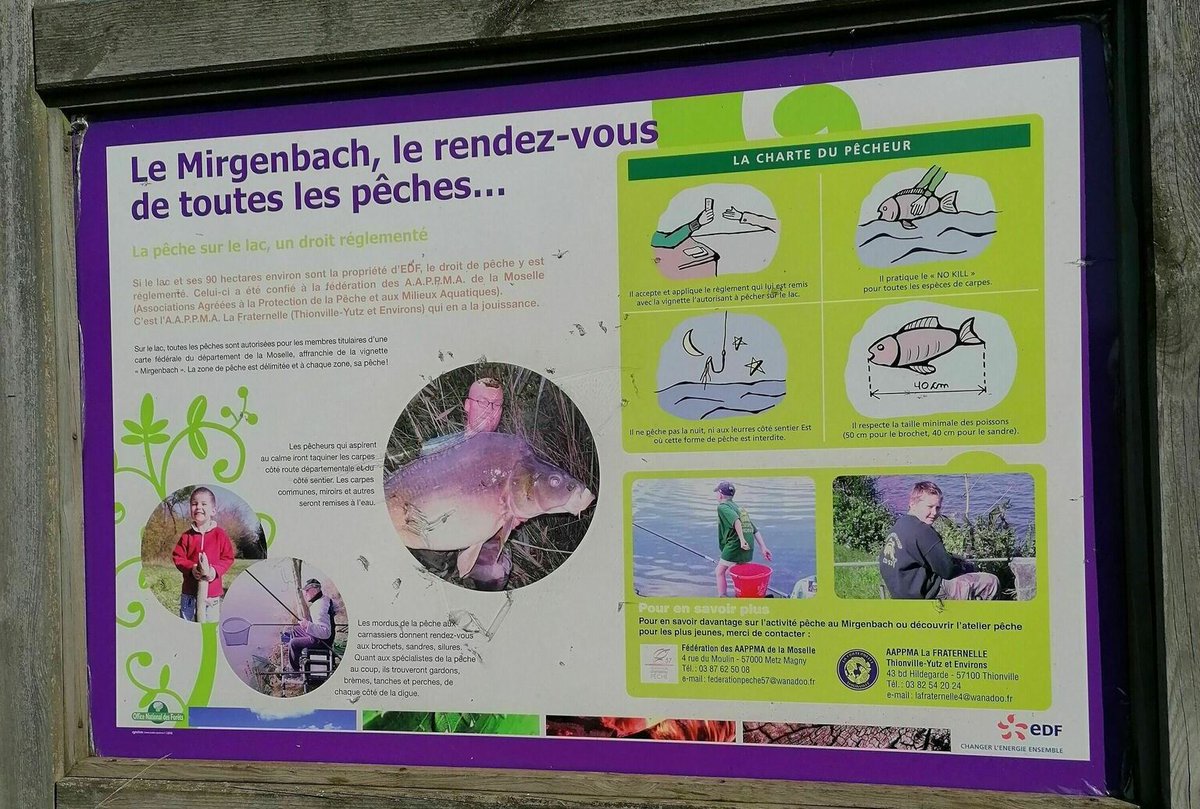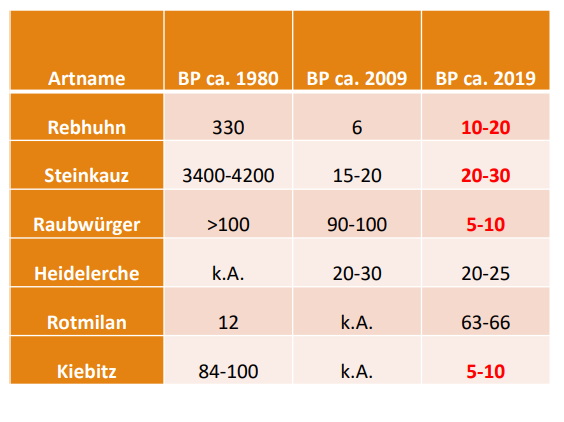
France's yearly agricultural exhibition #SIA2022 has opened in a tense context of discussions about food sovereignty. But how is 🇫🇷 faring? Not that well. Only in the past 10 years, 100,000 farms have disappeared, 80,000 farming jobs lost - big increase in farm size 1/n
https://twitter.com/Sophie_Chapelle/status/1499668015809454084
2/n Increase in farm size often correlated (but not always) with biodiversity loss, eg through plots being brought together, hedgerows removed, more mechanisation. This happened massively during the post-war "remembrement" and is particularly visible in some regions 


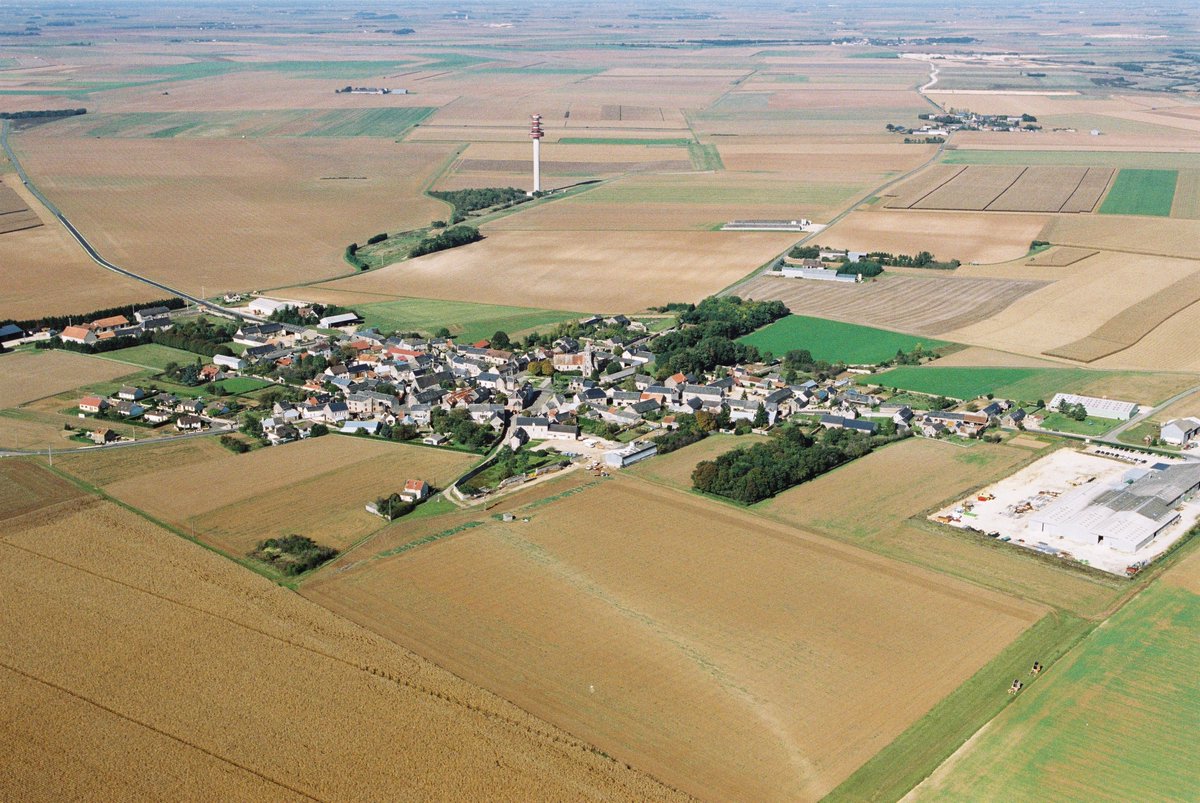
3/n This has been accompanied by a change in crop types. While France is around 80% autosufficient, there have been decreases in the degree of self-sufficiency eg for fruit and vegs which are imported massively from Southern Europe (the plastic sea of Spain) 



4/n Many farmers are going to retire in upcoming years (55% are 55+). It's a hard and weakly rewarding job (with 25% living under the poverty threshold). Access to land is complicated (not only cost, but complexity of paperwork, qualifications etc) 

5/n There are welcome initiatives trying to encourage younger farmers eg @JeunesAgri but farmers' pay is a key issue. Supermarkets & intermediaries take huge margins, making it hard for many farmers to sustain their essential role. 

6/n Energy prices, threats due to climate change are real concerns for the future, with some regions and crops more affected than others. How will that impact 1) the type of crops that can be grown 2) the yields and therefore self-sufficiency? No one really knows for sure. 

7/n But above all, the main threat to farming is soil artificialisation for housing, industry, infrastructure, tourism and other uses. The report issued by @Terredeliens here shows that 55,000 ha of undeveloped land is concreted/year. ressources.terredeliens.org/les-ressources… 

8/n meadows and permanent cultures are the worst affected, which is terrible as they also represent enormous carbon stores. Government tools proposed to halt soil artificialisation have led us nowhere - money is still the endgame (what influences local urbanisation plans). 



9/n Artificialisation is also encouraged by energy policies - wind turbines, solar panel fields are often proposed on farmland (or land with farming potential). How can this be reconciled? France's widely acclaimed decree on solar panels for roofs? theguardian.com/world/2015/mar… 

10/n Another key issue comes into the debate: biodiversity. 🐞 Can we increase food self-sufficiency while restoring nature? Should we go for land sharing or land sparing, two very different strategies? Can we go all-organic or should we transform land & pesticide use? 

11/n There's a heated debate on the new EU #Farmtofork strategy which imposes 4% of fallow land 🌱, which may lead to a 15% reduction in global yield. Unsustainable in the current situation, say many farmers and politicians. Essential for biodiversity, say ecologists. Who's right 



12/n A tricky topic obviously! Importantly, the report points out an issue with current farming: the overspecialisation in many areas. eg the Meuse department could feed 5x its population - but mainly produces cereals that are exported. Is that the best future-proof strategy? 

13/n The report proposes a "relocalisation" of food production. Could that help with biodiversity loss? If farmers are better paid through local sales/not competing with multinationals that drag prices down, can they afford lower yields? This is how sustainable we could be: 

14/n Farmers are taking the lead on this. In my region, this farm shop was started and is manned by local farmers. Another initiative is a "farm drive" - order from 20 producers & collect from a convenient location on Fridays. Drinks, meat, bread, dairy, fruit, they have it all. 

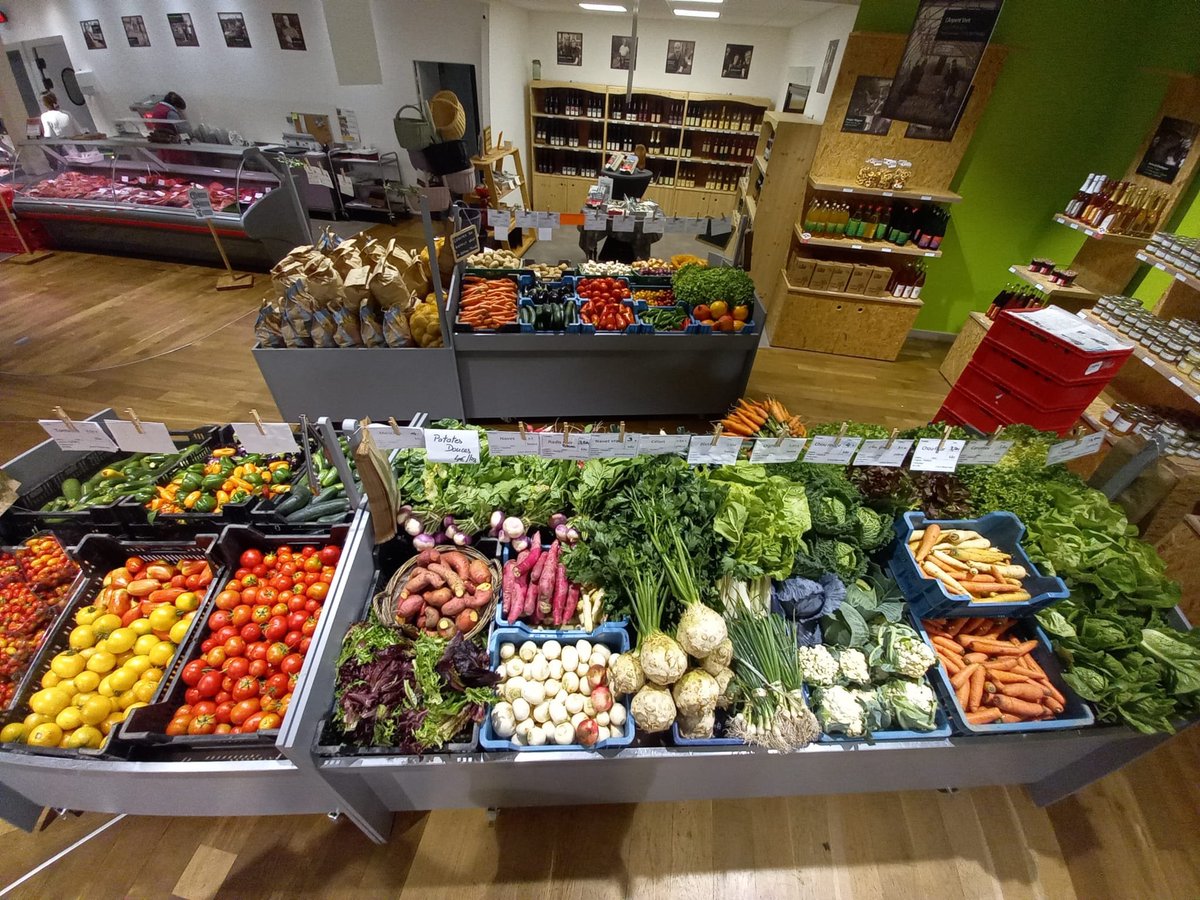

15/n Many are also selling directly. Here's my favourite cheese producer family, which sell milk, cheese and cream from their cellar (désolé @RepplingerP😄). I know where their cows live & where most of their forage comes from. More expensive than supermarkets? Not necessarily! 
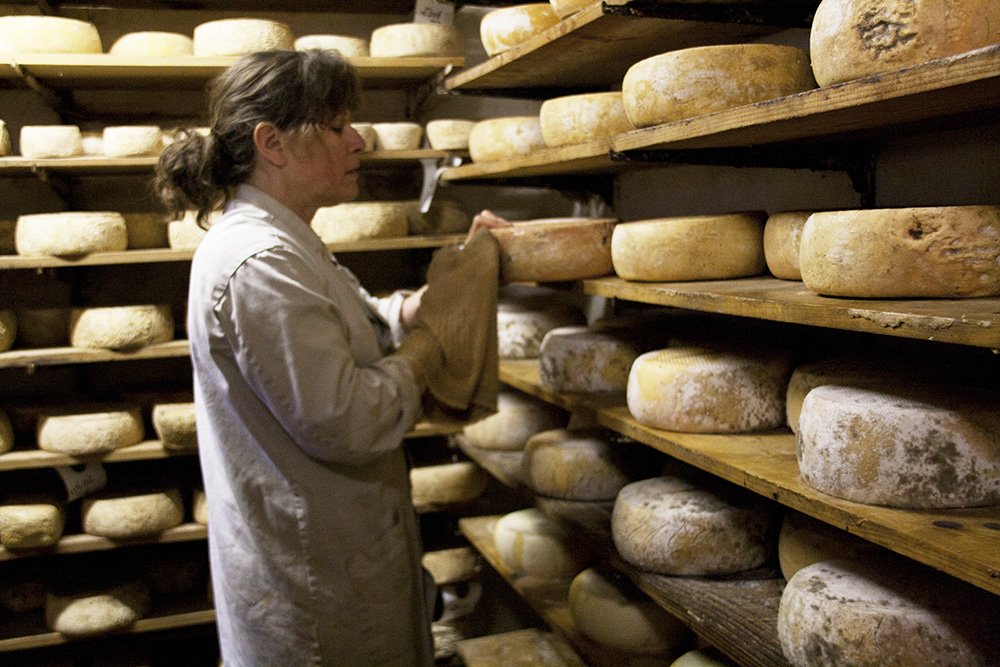
16/n Organic or not, diversification is positive for the environment - crops flowering at different times, land being worked at different times can ensure continuous shelter for animals for example. And as an ecologist, I think that's absolutely essential. 

17/n Farming practices need to improve (hedges, fewer pesticides, grassland protection, diversification...) but authorities should also support change & act on land grab. Economic development cannot justify farmland loss. 





18/n This was a local field left to go pesticide-free after year. Agriculture has played a massive role in biodiversity loss in the past decades but I'm not sure it's the enemy in the long term. Once lost under tarmac, soils cannot be restored. We should remember that. 

19/n This is a French-centred thread. But everything I've said is applicable in the UK, where pressure on land is even worse. This map by @OurWestgate of Thanet in Kent shows the scale of the problem. Prime farmland being swallowed by 17140 houses. How will the UK cope? 



• • •
Missing some Tweet in this thread? You can try to
force a refresh




